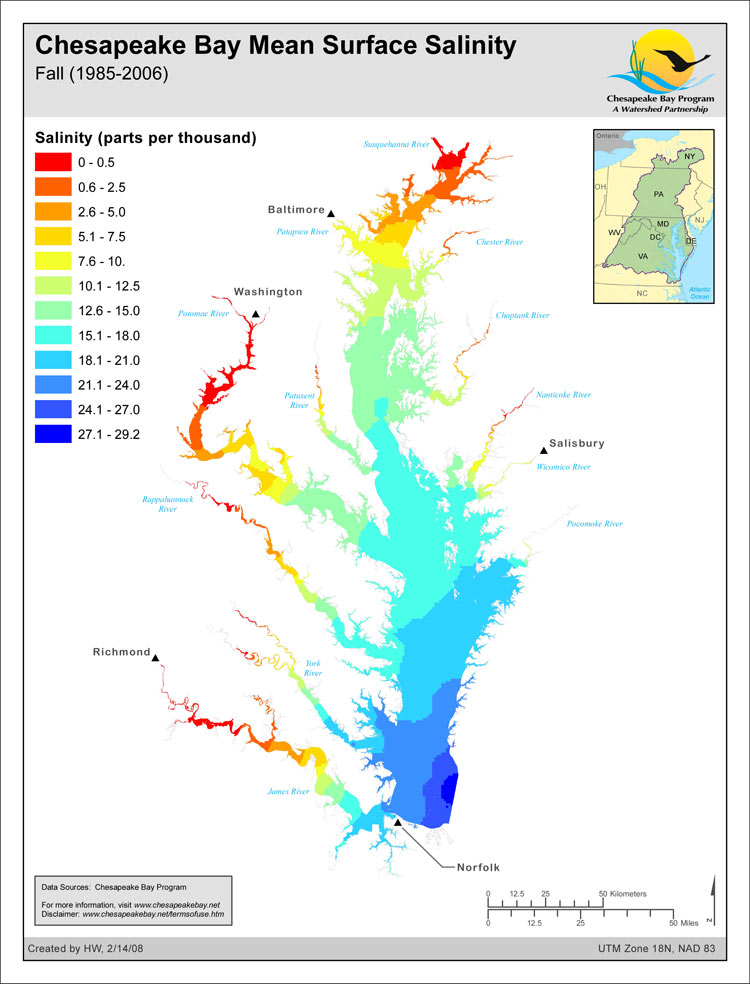Reo,
Sure we need to compare apples with apples. If it's the same boat and same maintenance, the freshwater boat wins hands down. Not even close.
.
I still disagree on this point. Same boat with same
level of maintenance, it will be a wash. Note, not same dollars spent or same items replaced. The well-maintained saltwater boat will likely have a lot more invested in it. But, this is irrelevant when buying the boat, since maintenance going forward is a function of current condition, and intended future use-case (saltwater in this case).
My take is this: I've bought and sold ~20-30 boats and looked at several hundred. In my personal experience the tag "freshwater boat" is just not a reliable indicator of a boat being a good buy. Other marketing terms I ignore include single owner, run in sheltered water, etc. etc.
For my money, for saltwater application, I slightly prefer a saltwater boat. I will take the boat that's been sitting the last few years in salt water without issue. Less worry about whether the previous owner did substandard installations or repairs using freshwater materials, or has some lurking corrosion control issue. If the boat has been sitting in salt water for a long time, and shows well, it gives me confidence.
I was assuming "all else being equal" so two boats, same model, similar engine hours, maintenance, appearance and condition. Especially if I'm going to use it salt and fresh water, would it be worth the premium?
If they are equal, why pay more for one over the other? This is a real hypothetical though, because you will never find two equal boats, probably not even off the showroom floor. One is going to be nicer, and it's just a matter of whether the nicer one is worth the premium.
But, what makes the nicer boat nicer will be apparent in survey. The idea that the saltwater boat has a bunch of insidious hidden corrosion issues is not realistic. You'll know up front post-survey what you're getting yourself into. Hiring a reputable surveyor, and be comprehensive in your inspections. Energy spent here will pay off. Ignore (or take with a real grain of salt) any marketing speak or seller-provided information.
It's also not always that the seller is lying to you either. They often just don't know. I've bought a boat where the seller explicitly told me one main engine is blown and requires complete rebuild. Took me a few hours work to get it up and running. I sold that boat for over 3 times what I paid. I did my own due diligence and inspections and even told the owner I don't think the engine's blown. He just wanted it gone.

